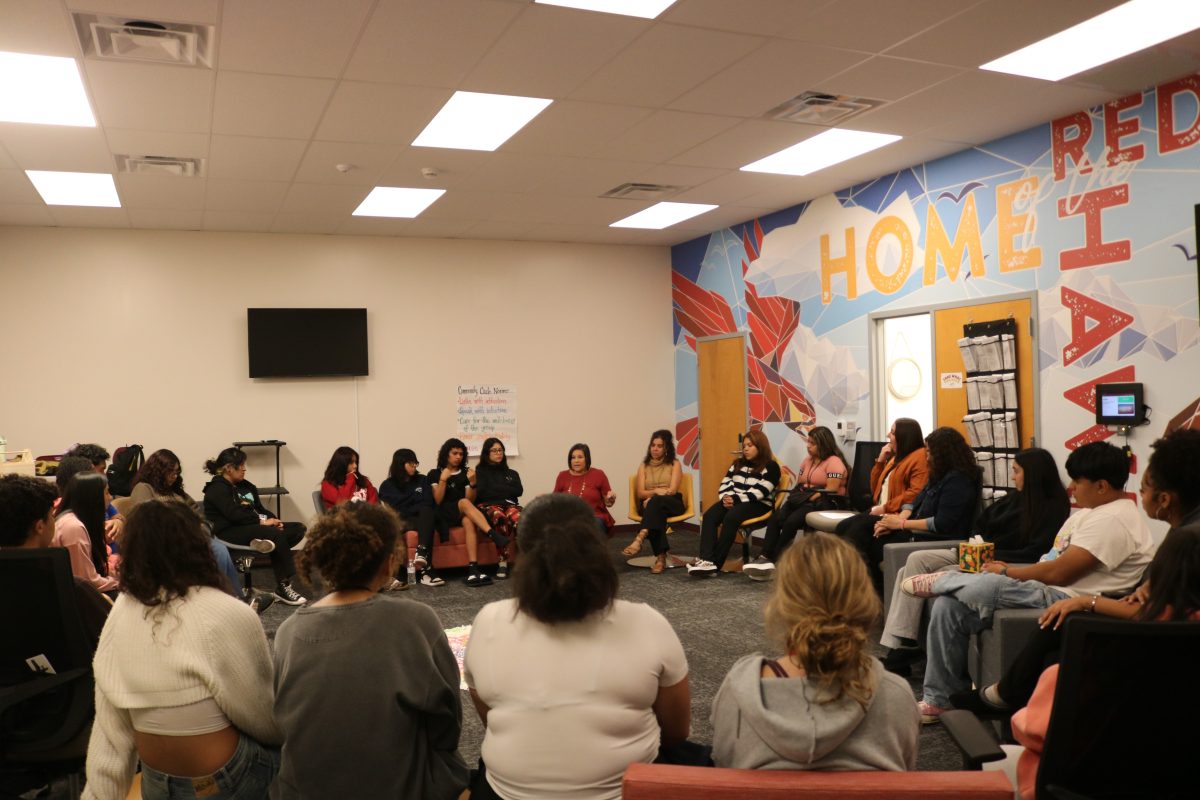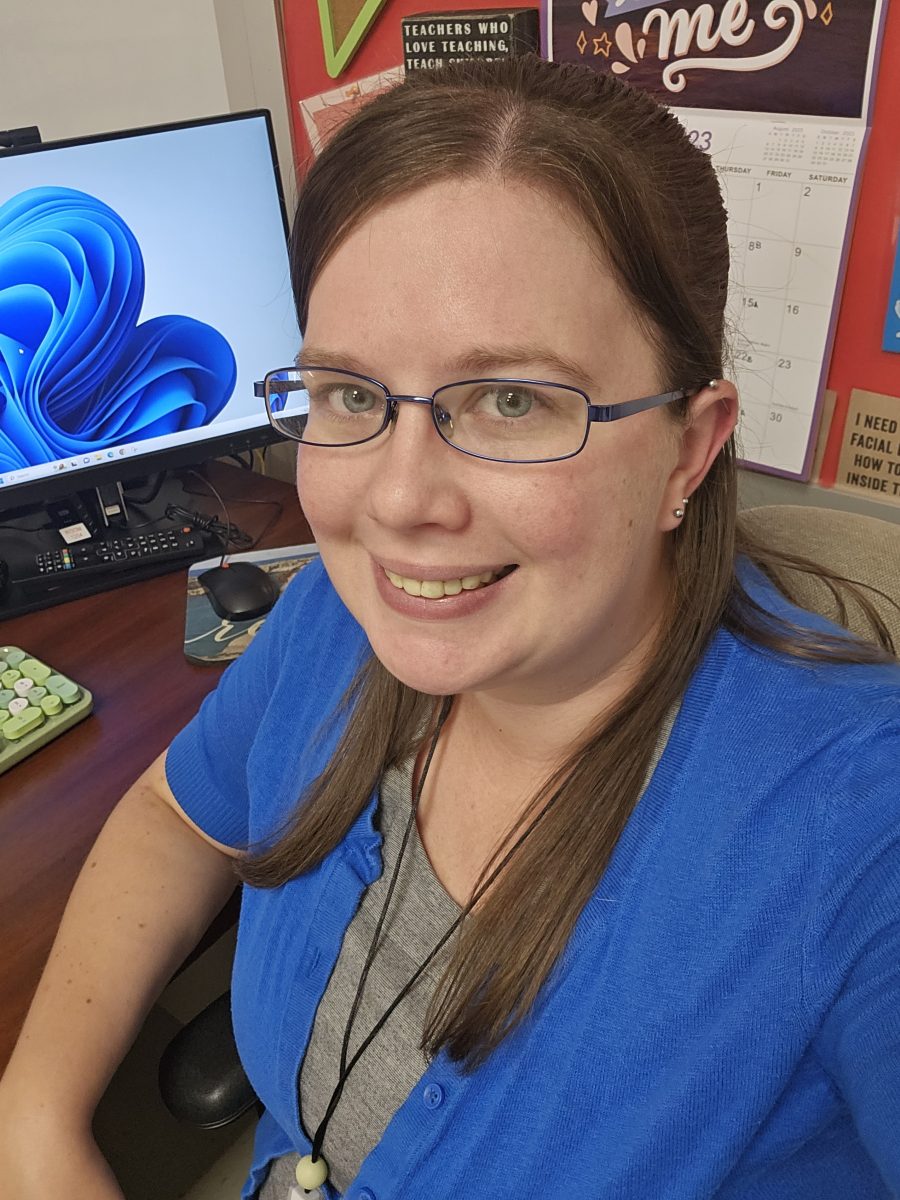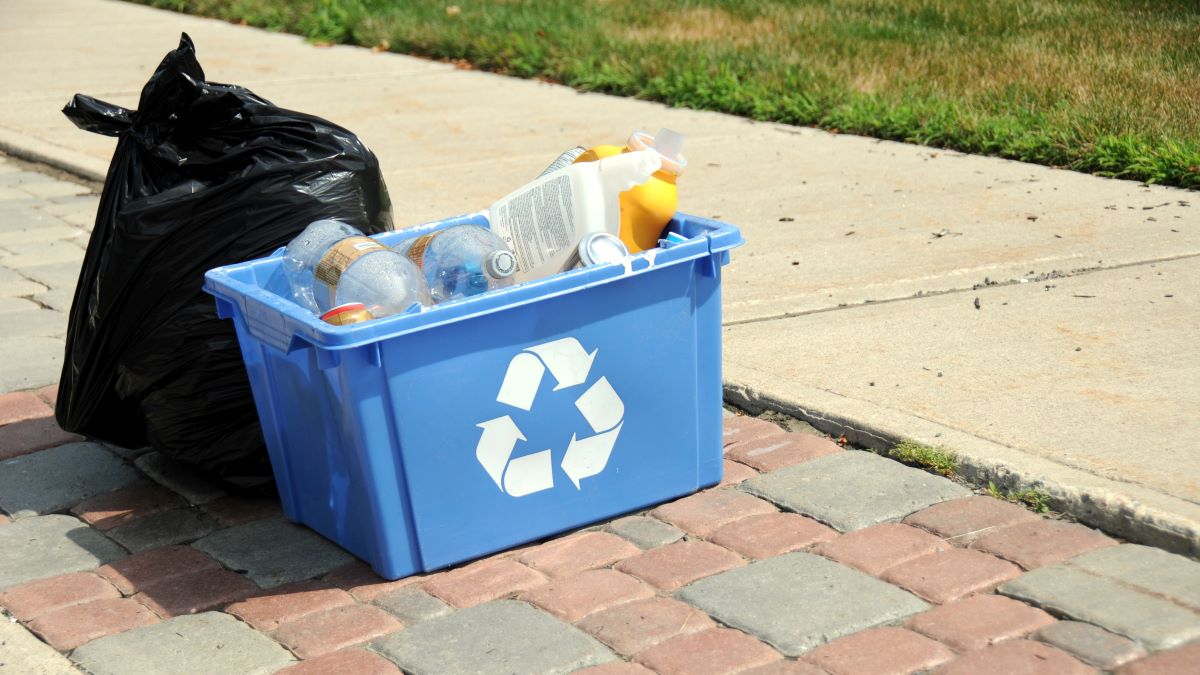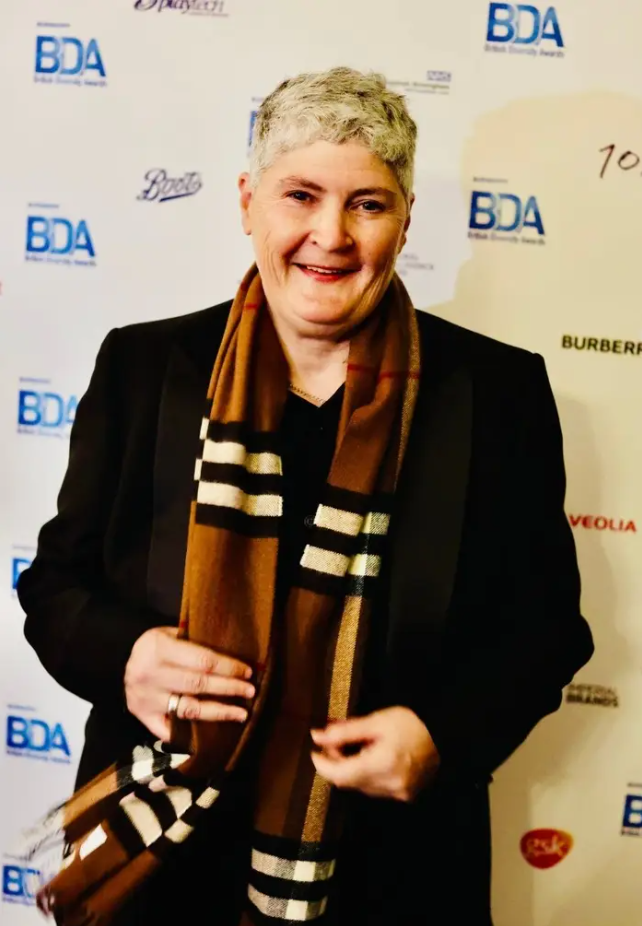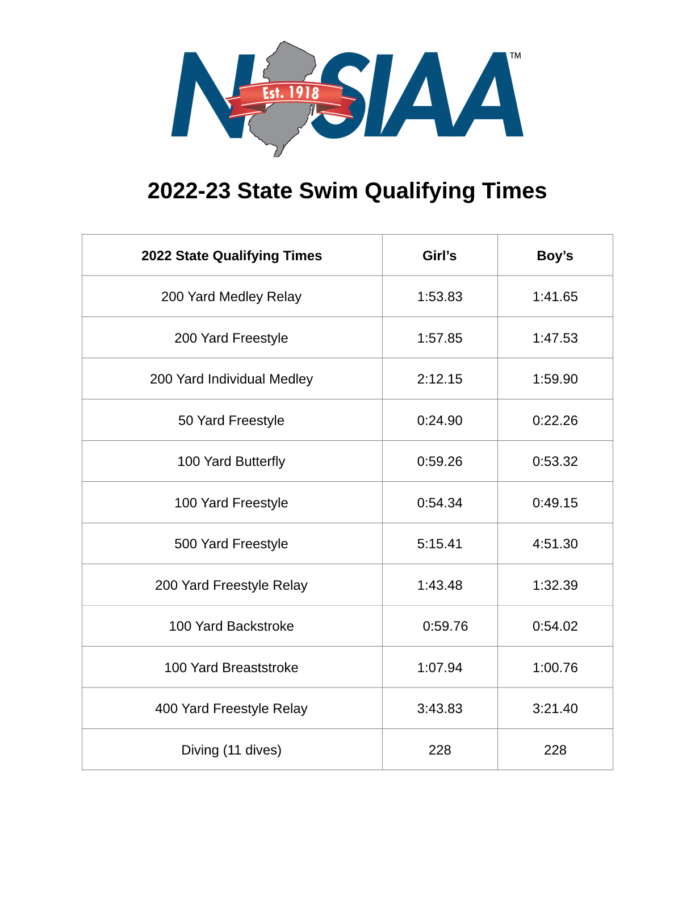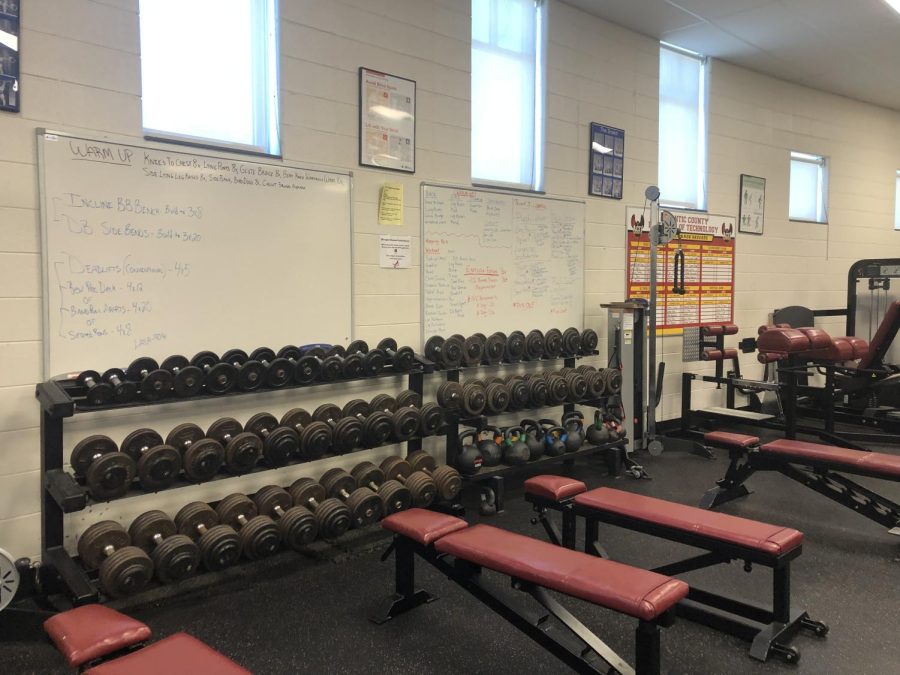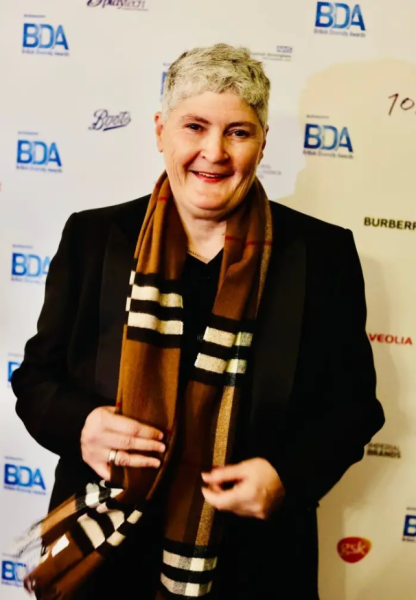What Does It Take To Achieve That Goal?
A Deeper Look Into Red Hawk Resolutions For The New Year
As we enter 2022, the time has come once again for setting new goals and making resolutions for the new year. Oftentimes, reflecting back on the past year brings about new resolutions that motivate and inspire us towards change. Sometimes, however, this motivation and inspiration can also bring on pressures of unrealistic expectations.
To further explore this mix of emotions, Red Hawk Media sent out a survey regarding the New Year’s resolutions of ACIT students and staff. The survey explored whether people set goals in the first place and whether or not they follow through with those goals.
Regarding whether or not staff and students believe in New Year’s resolutions, 71% of participants said that they do believe in setting goals for the new year, while 29% stated that they do not.
“It’s always the common resolutions like ‘get healthy’ or ‘do better in school,’” says junior Miguel Alvarez. “I just feel like it’s pointless to set them because most of the time, people never follow through.”
While this may stand true for some, others disagree.
“I believe in New Year’s resolutions because it’s an opportunity to become a better person or achieve some important goals you want to accomplish,” says junior Katie Scheeler.
Personal resolutions are just that, personal. These goals are meant to be relevant and meaningful to our own lives. This can range from something that we generally just want to improve on or work to change, and it can be related to any aspect of our lives: physical health, mental health, family, friends, academics, hobbies, or interests.
In our survey, a majority of the respondents (30%) answered that their goal pertained most to mental health. Whether it’s facing anxiety, improving mindset, or working on emotional well-being, mental health can mean many things to an individual. For example, one respondent says that their resolution is to “take more time to meditate each day.” Another respondent says that they wish to “relax more and not be so hard on myself .”
Following close behind mental health, 23% of students and staff say their resolution is related to physical health. When you think of a fresh start or that idea of “new year, new me,” often what comes to mind is the physical aspect of working to attain a healthier version of yourself. Determining what that personally means for an individual can be challenging.
“Find something that interests you specifically and not just because everyone else is doing it,” says Mr. Nelson, a physical education and health teacher at ACIT. “There are many different ways to take care of your body in terms of exercise and whatever you feed your mind and body. Keeping both of those positive will ultimately benefit you in physical and mental health.”
It is important to keep in mind that setting a goal and actually following through with it are two very different things. Not too far into the year, many of us tend to stray from our resolutions. Other priorities, obligations, and excuses can get in the way of reaching these goals. Many supporters of New Year’s resolutions would agree that instilling real change in one’s life can be difficult. However, if it’s something worth changing, then it’s something worth sticking to.
“It’s not just setting that goal right, like you actually have to work to achieve that goal,” says Ms. Pickett, a guidance counselor at ACIT. “I think sometimes we get wrapped up in ‘new year, new me’ that… you just pick something. [But] as long as it’s something that you’re willing to really work on and really do want to change or you want to achieve, yes, I definitely think that that’s something that can be done.”
Although some find it difficult to stay the course, many do succeed, and much of that has to do with preparation and attitude. According to the survey, 40% of the students and staff at ACIT do have a set plan for following through with their 2022 goal.
But where should one really start? Michael Hyatt, a goal-setting specialist and New York Times bestselling co-author of the book Living Forward (2016) offers a simple answer: “You can’t get where you want to go unless you start with where you are.”
